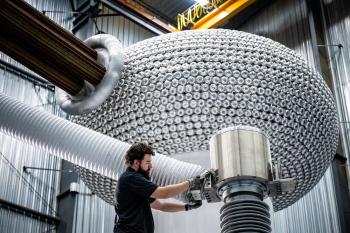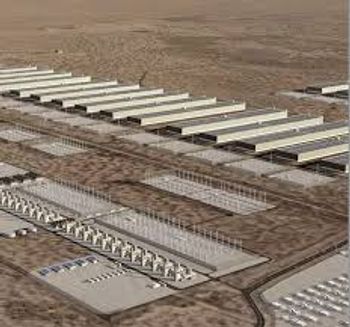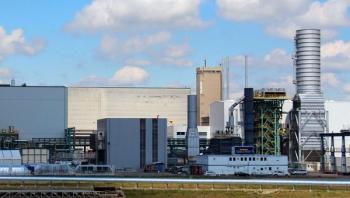
Siemens aims to bolster profit
A strong fourth quarter in fiscal 2012 has enabled the German manufacturer Siemens to fulfill expectations and achieve one of the best years ever, according to Peter Löscher, President and CEO of Siemens AG. The company has achieved a seven percent gain in revenue and a strong profit in the fourth quarter.
(A gas turbine manufactured by Siemens)
The company was plagued by a series of charges, problems and litigations in the recent past, reflecting the trouble the company has faced with its ventures and contracts. Löscher said Siemens aims to boost 2014 profit margins to at least 12 percent from the 9.5 percent it reported for the fiscal year ended September 30, though he warned that full-year earnings would likely decline again next year. He said, “To get back to reaching our own goals, we’ve launched ‘Siemens 2014,’ a company-wide program aimed at raising our Total Sectors profit margin to at least 12 percent. We know what we have to do – and we’re doing it.”
In the fourth quarter alone, the company’s troubles included €133 million in charges related to energy-transmission businesses and snags with offshore wind projects, as well as €106 million tied to cost overruns and multiple-year delays in Finland's Olkiluoto nuclear plant. Siemens exited the nuclear business last year, but it still sells non-nuclear components for such atomic energy plants. But though in fiscal 2012 ended on September 30, new orders declined by ten percent from €85.2 billion to €76.9 billion, Siemens’s revenue increased by seven percent company-wide from €73.3 billion to €78.3 billion. This was possible due to the sustained strong order backlog and positive currency translation effects in all sectors, according to the company.
With its two-year program, the company is aiming to reduce costs by €6 billion, increase its competitiveness, and become faster and less bureaucratic. Siemens plans to improve its profit by bolstering its main businesses with potential acquisitions. According to Löscher, this includes purchasing LMS International, a Belgian maker of simulation software for €680 million, a deal which was announced recently. Software from LMS is used to test mechatronics systems, a combination of mechanical, electrical and computer engineering systems deployed in manufacturing. Also on the table was the planned sale of the company's underperforming water-treatment businesses, he said. In the first year of the program, the company expects moderate order growth and revenue approaching the level of fiscal 2012.
In the first year of the program, the company expects moderate order growth and revenue approaching the level of fiscal 2012, both on an organic basis. Siemens expects income from continuing operations in the range from €4.5 to €5.0 billion, including the effect of retrospective adoption of IAS 19R. This includes charges totaling approximately €1.0 billion for program-related productivity measures in the Sectors, with the productivity gains realized in the results for fiscal 2014.
Newsletter
Power your knowledge with the latest in turbine technology, engineering advances, and energy solutions—subscribe to Turbomachinery International today.




